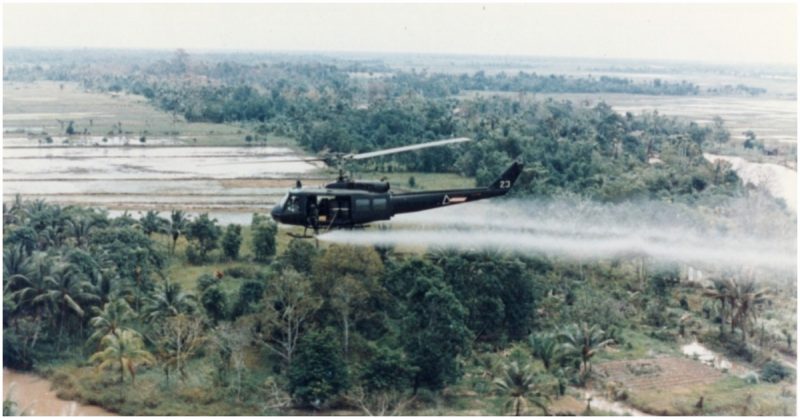The US government compensates American veterans who were exposed to Agent Orange. It does not compensate Vietnamese civilians.
The United States has begun a decade-long program to clean up an air base in Vietnam where the Agent Orange chemical had been stored. The cleanup is expected to cost $183 million and be the largest such cleanup project the US has ever undertaken.
Bien Hoa Airport, outside Ho Chi Minh City, is considered the most contaminated of the former US storage facilities in Vietnam.
A similar program was finished at Da Nang Airport in November. While the Da Nang cleanup cost $110 million and took five years to complete, the contaminated area at Bien Hoa is four times larger than what was dealt with at Da Nang.
Agent Orange was used by the US military to defoliate the Vietnamese jungle and uncover the enemy’s hiding places. The name came from the orange band around the barrels that stored the chemical.
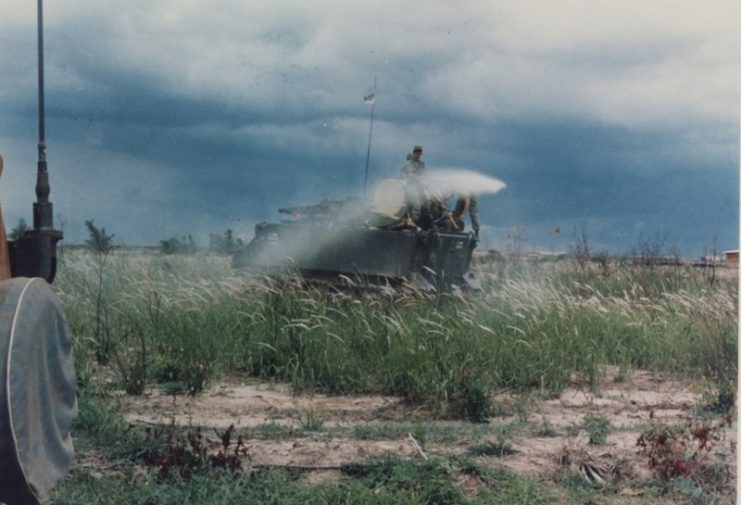
In an ongoing effort codenamed Operation Ranch Hand, from 1962 to 1971 around 5 million acres of forest in Vietnam were sprayed with Agent Orange and other defoliants. Around 19-20 million gallons of herbicides were used in the operation.
Agent Orange contains dioxin, which is linked to cancer and birth defects. The US Congressional Research Service found that a soil sample from the Bien Hoa site had a toxic equivalency that was more than 1,000 times the international limit.
Starting in the 1960s, Vietnamese doctors began noticing a rise in birth defects, cancer, and other illnesses that are related to dioxin.
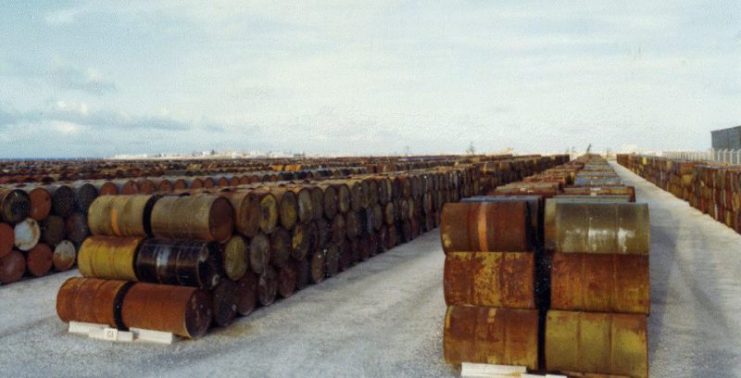
The dioxin in Agent Orange was not added intentionally. It is a byproduct that is produced when herbicides are manufactured. Dioxins are also created when trash, gas, oil and coal are burned. The specific dioxin that occurs in Agent Orange is the most dangerous kind.
Dioxins can remain in the environment for many years, especially in soil, lake and river sediment, and animals. Human exposure mainly comes from eating contaminated foods like meat, poultry, fish, dairy, and eggs.
Dioxins are linked to cancer, even in small amounts. They are also linked to Type 2 diabetes, immune system disorders, nervous system disorders, muscular dysfunction, hormone disruption, and heart disease.
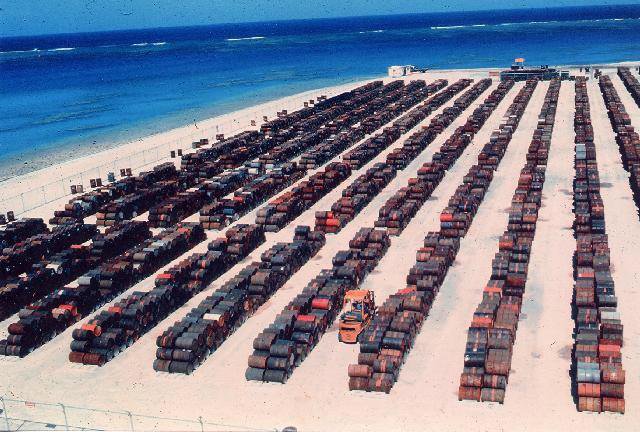
According to Vietnamese authorities, several million Vietnamese people have been affected by Agent Orange since the war. Included in that number are 150,000 children born with birth defects.
The Bien Hoa site is known to be contaminating the soil and nearby rivers with Agent Orange.

The United States Agency for International Development (USAID) is in charge of the cleanup project. They called Bien Hoa the “largest remaining hotspot” of dioxin in the country.
The US ambassador to Vietnam, Daniel Kritenbrink, called the cooperation between the two former enemies “nothing short of historic” while speaking at the launch of the cleanup program.
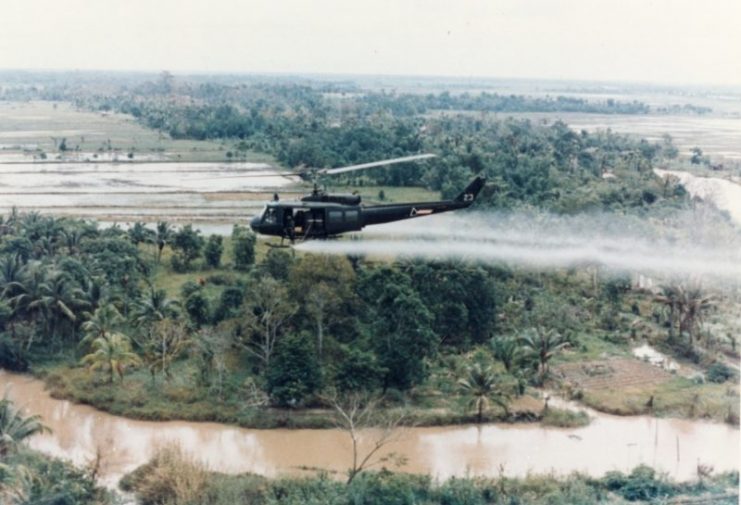
The US government compensates American veterans who were exposed to Agent Orange. It does not compensate Vietnamese civilians.
Rather, the US has been supplying Vietnam with US military hardware and working with the Vietnamese government to address issues like the cleanup of Agent Orange.
